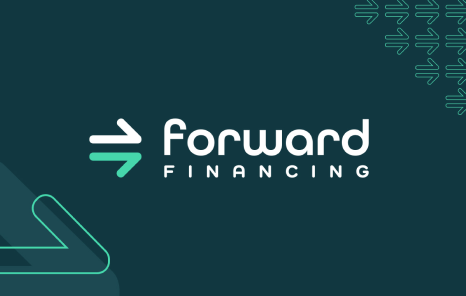
Four Business Financing Pitfalls to Avoid

Obtaining financing to fuel business growth can be a smart move, however the wrong type of funding can cause serious problems for your company. Because of the number of financing options available to small businesses, determining which is best suited to your business objective and financial situation can be a confusing process. Not only does each product have unique underwriting criteria, they also differ on many key attributes including the average amount, total cost, speed of funding and repayment structure.
Oftentimes, the daily demands of running your business will limit the amount of time you can dedicate to understanding the nuances of the small business financing landscape, leading you to turn to an expert for guidance. While reputable brokers and referral partners, or established funders should present you complete, honest, and accurate information about your funding options, unfortunately there are some who don’t have your best interest in mind. They may be less than transparent about financing costs or the terms and conditions of your funding – either of which could place your business at risk.
The best way to avoid these pitfalls is for you to be able to quickly identify the major indications that you may not be getting all the facts.
Four Red Flags to be Aware of When Considering Financing Options:
1. Debt Settlement Companies: Be wary of companies who offer to settle your outstanding balances for cents on the dollar. Debt settlement companies are notorious for calling small businesses – often exerting high-pressure sales tactics – and offering to help them settle outstanding debts or restructure contracts with one or more funders. This can put you in an adverse situation with your funder(s) because you will be in default and likely subject to collection efforts from each of them. Moreover, many funders will not negotiate or even communicate with debt settlement companies, likely rendering lost any upfront fees you may have been charged. Even in the case where your debt settlement company can work out a modification with one or more of your funders, these services often charge high fees that consume most of your net savings. Lastly, once you’ve entered into debt settlement, it will be significantly more difficult for your business to obtain financing in the future.
Pro Tip: No one other than your funder has the right to modify your financing contract. If you face a real hardship, we recommend working directly with your capital provider. It’s your best option for a positive outcome.
2. Unrealistic Promises: Small business financing is a competitive market and while you may end up with different offers from different funders, it is unlikely that they will vary dramatically. If a broker offers you three or four times your current funding amount or a drastically lower price, it is important to consider what their incentives may be and what risks may be buried in the fine print of the financing contracts. Another question to ask is whether such a large amount of debt is healthy for your business.
Pro Tip: Business financing brokers and funders make the most money when they provide the largest amount of financing, but that doesn’t mean it is right for you. Work with someone you trust and who has a proven track record of helping small businesses thrive. When a situation seems too good to be true, unfortunately, it probably is.
3. Multiple Contracts: If you are offered a loan or cash advance, you should receive a single contract from a single funder for the total amount of the financing. Watch out for new financing offers requesting that you sign two or more contracts to receive the total amount requested. If you are presented with multiple contracts that total your desired amount, this probably means you are contracting with multiple funders at once. This puts you in an adverse situation with those funders.
4. Don’t Settle for Small Amount Upfront: If a funder offers a small amount up front with additional funds to follow soon after, you may never get the funds promised to you. Worse yet, you may be hit with hidden fees upon disbursement of the remaining funding. It is reasonable to be presented with multiple approvals and flexible payment options, but accepting funds in increments is not the norm.
Pro Tip: A credible funder should provide an offer for the entire amount they are willing to fund and should fund that amount upfront (less any clearly disclosed origination fees) if you meet all closing qualifications. Look for a capital source with an established track record of satisfied clients to ensure you will be treated properly.
Growing your business with financing can be key to your success, and while there are pitfalls to avoid when looking for the best option, the right funder should make the process simple and straightforward. If you are currently looking for financing, you can click here to discover more.
Remember, the best way to practice safe financing is to know who you are working with and what you are signing. It will prevent headaches down the road and will allow you to do what you do best: grow your business.